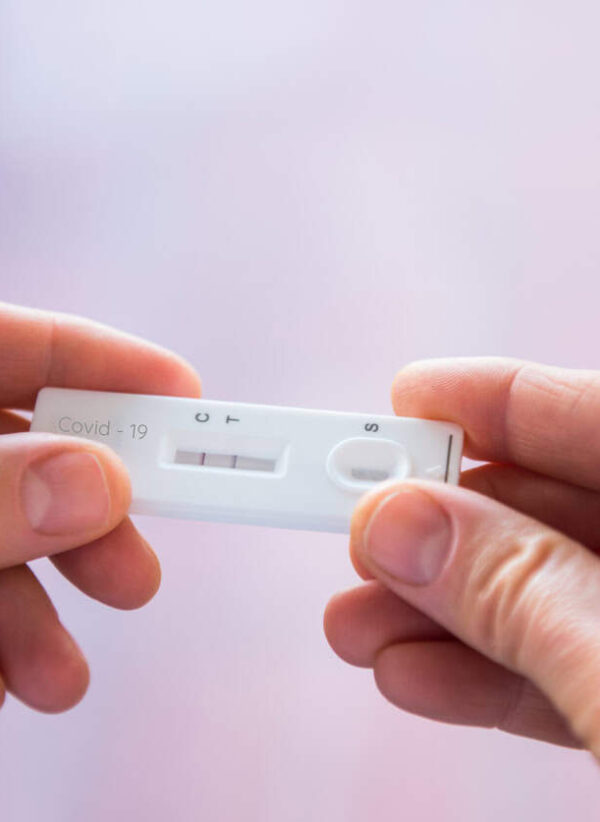Students’ views on the impact of Coronavirus on their higher education experience in 2020/21
Key findings
- More than half of full-time undergraduate students (59%) say they are very or quite satisfied with the online learning that has replaced face-to-face teaching, up from 42% in June 2020 and 49% in March 2020.
- Half of students (51%) are receiving some face-to-face teaching whereas 49% are receiving none.
- More than half of students (58%) say they consider their mental health to be in a worse state since the beginning of the pandemic, compared to 14% who say their mental health is better. Just over a quarter (28%) say their mental health is the same.
- Only 16% of students are very or quite unsatisfied with the provision of mental health services at their higher education institution. However, less than half (42%) say they are very or quite satisfied with the provision of these services.
- Half (50%) of students are very or quite satisfied with how their higher education institution has provided support services outside of mental health services (e.g. careers support).
- Just under half (44%) of students say they are very or quite satisfied with how their student union or guild are supporting their higher education experience.
- The majority (56%) of students are very or quite satisfied with how their higher education institution has handled any outbreaks of Coronavirus.
- Comparing HEPI / YouthSight’s previous polling in June 2020 and this polling, there is a disparity between expectations of how learning would be delivered this academic year and the reality. Around a fifth (21%) of students expected all learning to be online, but 53% currently have all learning online.
- A third of students (33%) say they currently spend all or almost all of their time in their accommodation. A further quarter (28%) say they spend most of their time in their accommodation.
- Most students say their higher education experience feels very or quite safe (79%).
- Just under two thirds (60%) of students say they understand the latest Government guidance about the end of term and Christmas travel.
- Over half of students (54%) are very or quite concerned about the return to university in January 2021.




Comments
Софья says:
In May, the International Association of Universities (IAU) published their survey report. The survey analysis is based on replies from administrative staff at 424 HEIs in 109 countries. Results are analysed both at the global level and at the regional level in four regions of the world (Africa, the Americas, Asia Pacific and Europe). IAU also collects, sorted by different world regions (see tab “Global News”). In mid-August, the IAU also published the report, which includes, for example, national perspectives from the USA, India and Hungary as well as a European perspective on the handling of COVID-19 in international higher education. The Systemic Risk Centre at the London School of Economics and Political Science published the discussion paper ” “. The paper attempts to predict the impact of the corona pandemic on societal attitudes and views towards scientists and science itself. Times Higher Education has summarised the .
Reply
Add comment